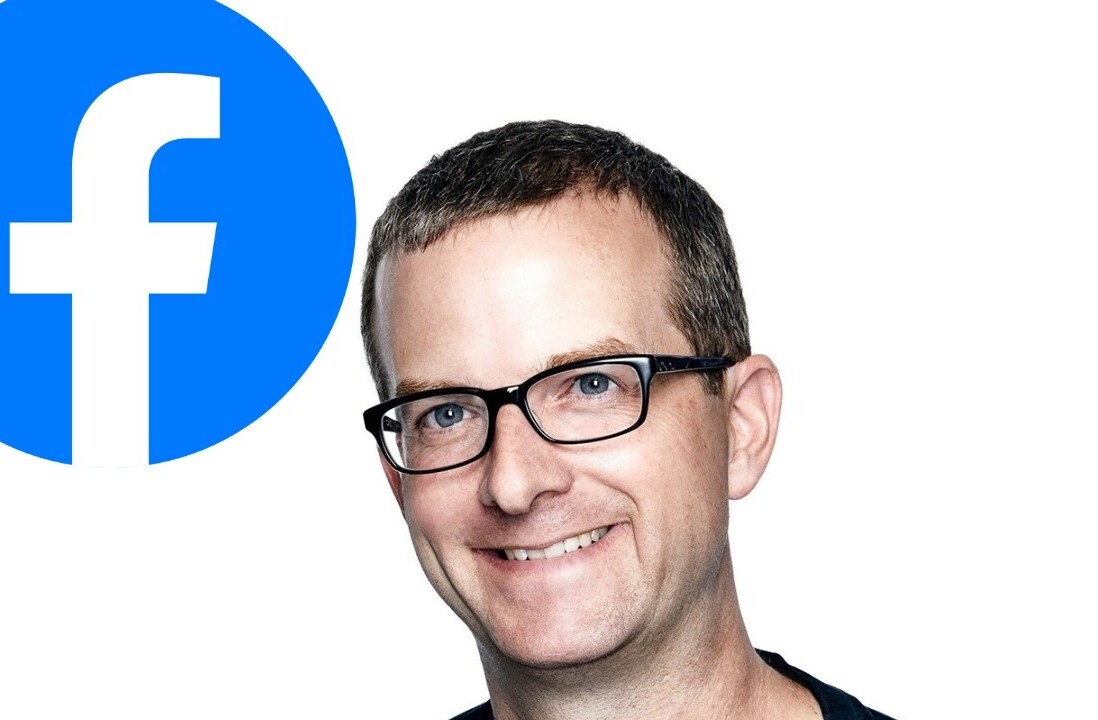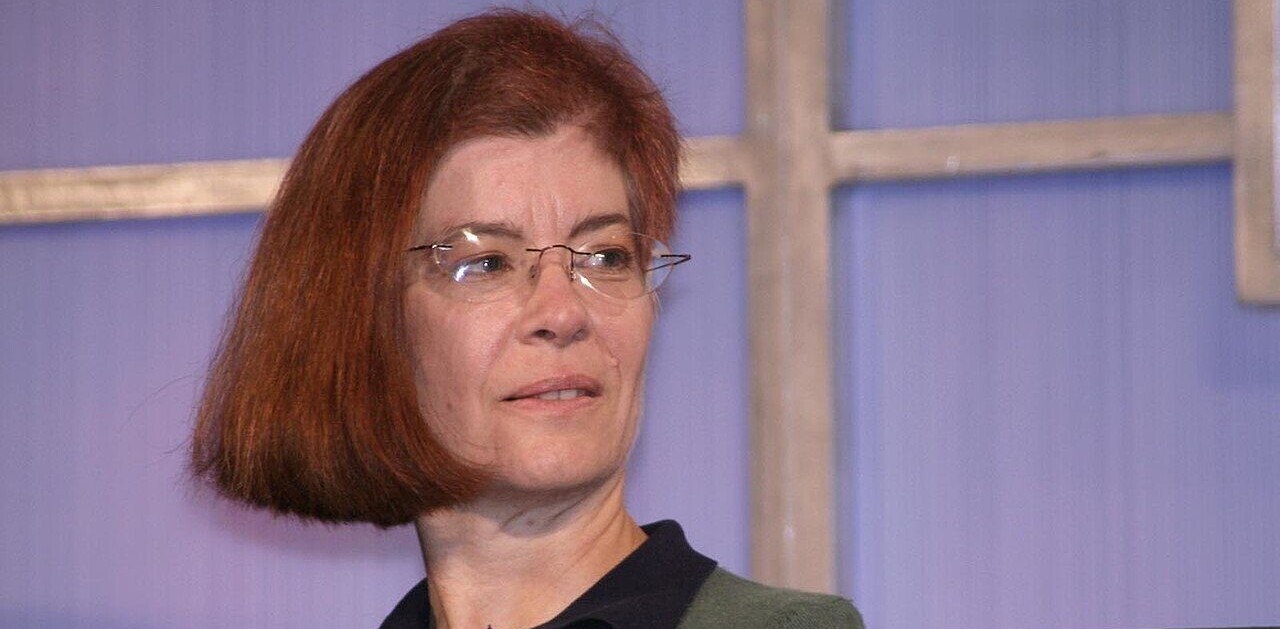
Mozilla today announced the Mozilla Science Lab, a new initiative to help researchers around the world use the open Web to shape science’s future. To start, this will consist of convening a broad conversation about open Web approaches and skills training, working with existing tool developers, and supporting a global community of researchers.
Mozilla points out that scientists created the Web. Despite this, the open Web still hasn’t transformed scientific practice to the same extent it has everyday life in areas like media, education, and business.
Scientific research still consists of hundreds of years of entrenched norms and practices, gaps in training, and broken incentive structures (credit systems in science are still largely based around “papers” that discourage sharing, reusing, and adopting the type of open and collaborative learning that the Web encourages). All of this slows down the system, which in turn slows down the speed at which science can better society.
Despite the fact that the last century has brought so many discoveries thanks to science, it is still largely rooted in the “analog” age. It’s time to bring it into the digital one.
Here’s the vision, from the project’s wiki:
The aim of the Science Lab is to foster an ongoing dialogue between the open web community and researchers to tackle this challenge. Together they’ll share ideas, tools and best practices for using next-generation web solutions to solve real problems in science, and explore ways to make research faster, more agile and collaborative.
Kaitlin Thaney, who helped found and manage the science program at Creative Commons and previously worked at a tech company focused on research tools and incubation for science startups called Digital Science, is leading the project. She also advises the UK government on digital technology, and has previously worked on education technology with MIT and Microsoft.
Mozilla has already partnered with Software Carpentry, a program that teaches basic computing skills to researchers to help them become more productive. Software Carpentry founder Greg Wilson and administrator Amy Brown will be joining Thaney to help figure out what “digital literacy” means for scientific researchers and how these digital skills can further aid their work.
In short, the project is still very much in its early stages, but the mission is one that definitely makes us sit up and listen. We’ll be keeping a close eye on this one, but if you want to get even closer, follow Mozilla Science on Twitter and read Thaney’s blog.
Top Image Credit: Ezran Kamal
Get the TNW newsletter
Get the most important tech news in your inbox each week.




